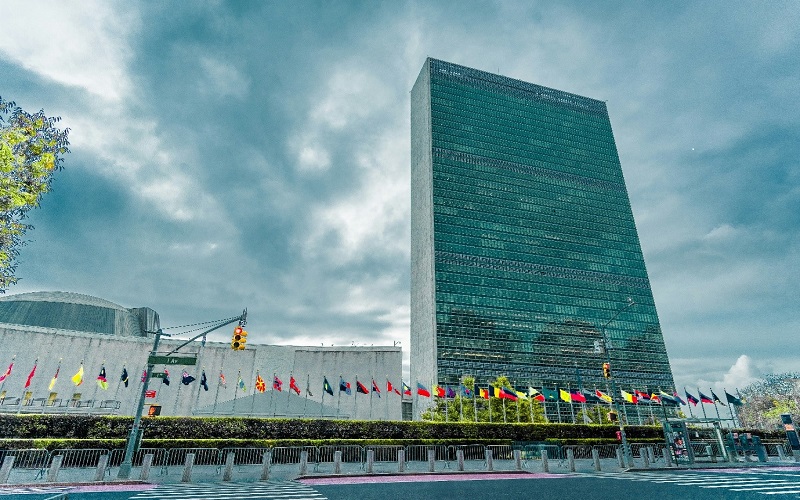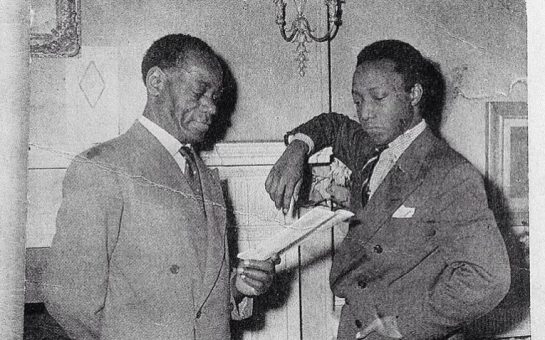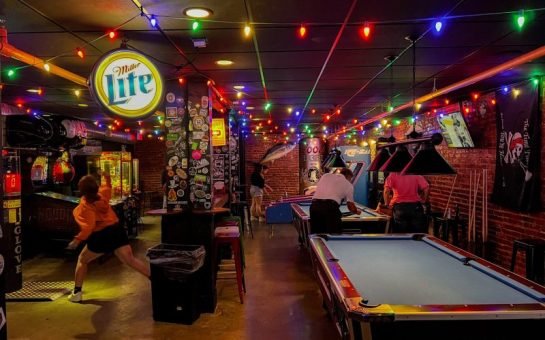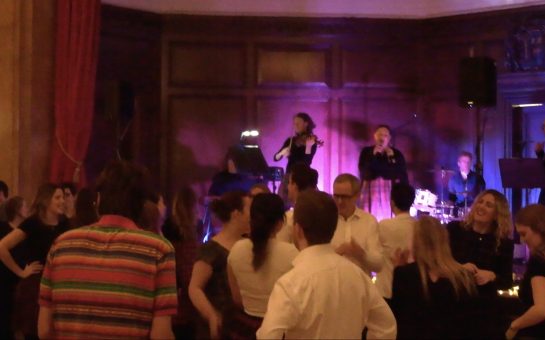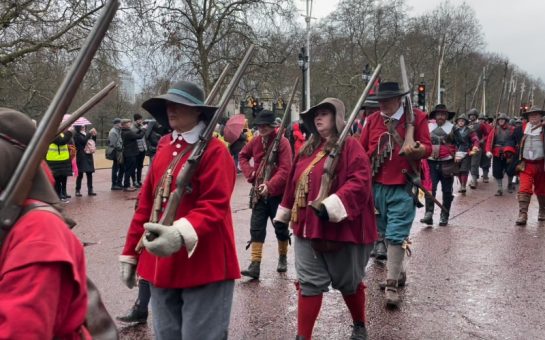As the United Nations marks its 80 year anniversary, experts say it has never been more important – or more under threat.
Since 1945 the UN has set out to promote global peace and foster international cooperation, but in the face of a rise in populist politics, the climate crisis, and global conflict, the body is struggling to keep up.
The organisation came in to being on 24th October 1945 when its founding charter was ratified in the aftermath of the second world war, but as it enters its ninth decade if faces a complex set of global issues.
Irina Von Wiese, 58, affiliate professor of law and politics at the ESCP business school and former Member of the European Parliament, said: “The UN is probably facing it’s biggest challenge now at its 80th birthday.”
“It needs to adapt to the geopolitical paradigm shift that we are seeing, but the UN is more important than ever.
“We need a global consensus in an increasingly polarised world where the bullies seek to assert themselves, including over other people’s territorial integrity.”
Arthur Snell, 49, a former UK diplomat and now a consultant in geopolitics and international affairs agreed that the UN faces challenges on multiple fronts.
Snell said: “We have to acknowledge that we are now in a low point where the UN security council has no authority, where populist nationalism is instinctively hostile to the UN, and as a result fundamental concepts in international law are routinely flouted.
“Yes, it feels like it is in terminal decline, but I don’t think it is on the resuscitation table just yet.”
And while Britons were divided on how successful they thought the UN was at preventing wars according to a poll by Yougov last year, Snell still sees the UN as a critical part of the international system.
“For the most glaring and high priority conflicts the UN might not be working, but if you look around the list of the UN peacekeeping operations, it is the ones you have never heard of that are doing the best job, it’s why you’ve never heard of them,” he said.
And in London the UN’s values of peace and international cooperation still hold a strong attraction for people of all backgrounds, particularly young people.
Brandon Block, 58, director of community action at the American School in Westminster helps run the West London Model UN conference where teenagers from over 20 London schools come together to simulate UN meetings.
Block said: “Saying that we can solve the problems of the world by coming together as individual nations and seeing that maybe there is a global interest that is greater still, is a really positive and optimistic vision.
“It’s really important for young people to know that there have been many people through history who were dedicated to the UN values and dedicated to seeing a more peaceful and sustainable world, and that they can add their voices to that quest.”
Trisha Rogers, 78, chair of the United Nations association London and Southeast region also sees the model UN as a way to help young people develop skills for a globalised world.
She said: “You watch UN model assemblies changing people’s lives, they learn skills and they learn a broader perspective.
“We are all, as human beings, very interdependent and what I would love is for young people to learn more about interdependence and the role that each of them can play.”
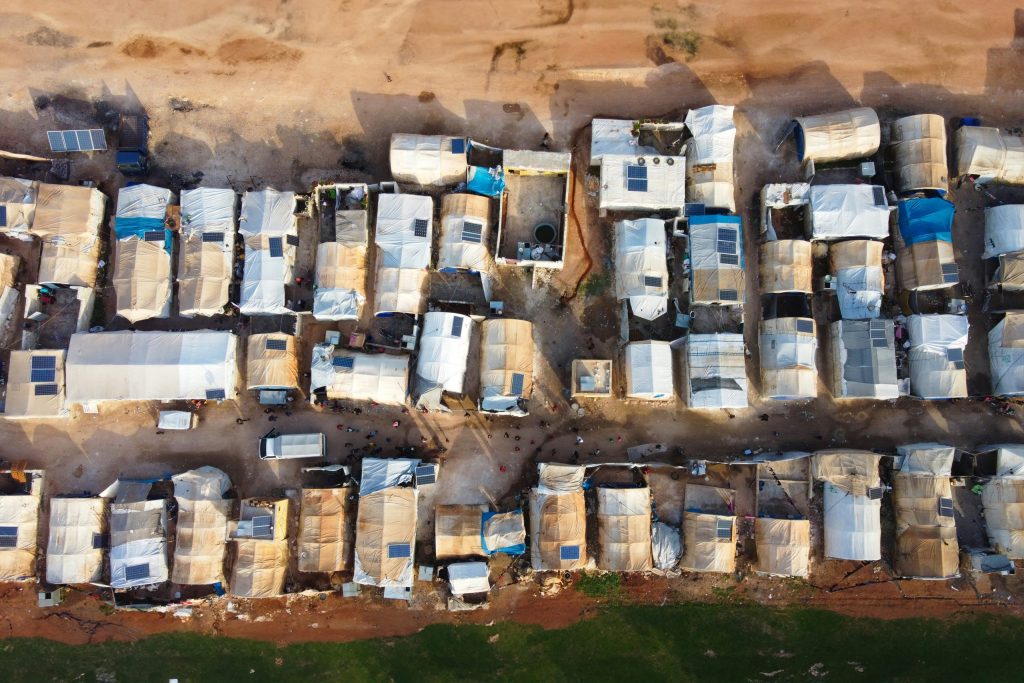
And the lessons of cooperation and problem solving extend from the classroom to the front lines of the UN’s work.
Elliot Ball, 33, from Brixton is a former aid worker for the UN’s World Food Program in Ethiopia and has worked alongside other UN bodies in crisis zones.
Ball said: “We had people from Nepal, India, Yemen, Australia, and the UK all working together as equals to tackle some complex problems.
“In the humanitarian sector the UN’s main role is coordinating the response and being part of a multi-national and respected organisation means you have access that others wouldn’t, and that can save lives.”
And at the geopolitical level, former diplomat Snell thinks the UN can still act as a brake on powerful nations and a way for smaller nations to have their views heard.
He said: “If you are the prime minister of a country with a population not much bigger than a London borough, there is no other setting where you can get to speak to the big countries.
“Because it limits the power of the most powerful, it becomes controversial and it is in the interest of many people to bring it down, but it doesn’t mean that it doesn’t have an important role to play.”
For educator Block the situation is simpler.
He said: “We need places where people can come together and talk and work out their problems. We need the UN.”
Featured image credit: Nils Huenerfuerst on Unsplash
